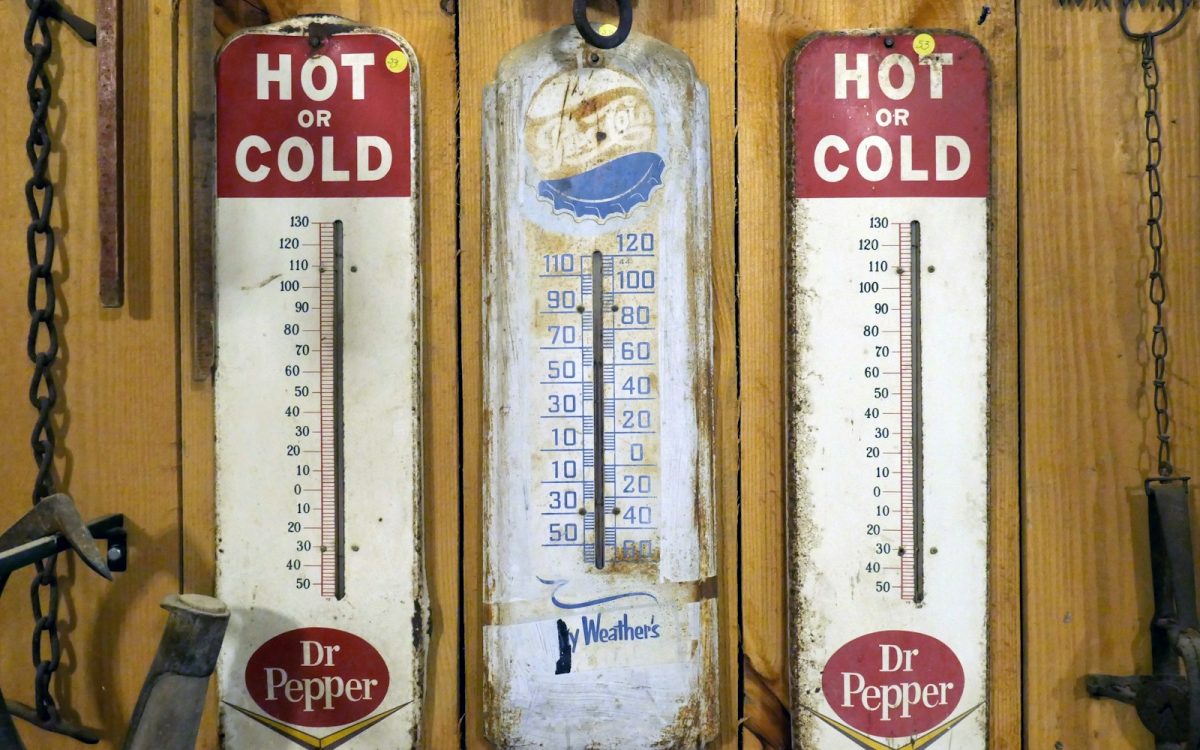Temperature plays a vital role in how well you sleep. Getting too hot or too cold during the night can disrupt your sleep cycles and leave you feeling tired the next day. Here’s how temperature affects sleep and what you can do to control it for better rest.
How Temperature Affects Sleep
1. Your Body Temperature Naturally Drops at Night:
– As part of your circadian rhythm (your internal biological clock), your body temperature begins to drop slightly in the evening to signal that it’s time to sleep.
– This drop in core body temperature helps initiate and maintain sleep, especially deep sleep stages like slow-wave and REM sleep.
2. Overheating Disrupts Sleep:
– If your room or bedding is too warm, it can prevent your body from shedding heat effectively.
– As a result, you may struggle to fall asleep, wake up frequently during the night, or feel less rested in the morning.
3. Being Too Cold Can Also Interrupt Sleep:
– On the flip side, if you’re too cold, your body may respond by shivering or increasing your heart rate, which can pull you out of deeper stages of sleep.
– Cold extremities, like hands and feet, can delay sleep onset.
4. Temperature and Sleep Stages:
– Deep sleep and REM sleep are temperature-sensitive. Poor temperature control can shorten the time spent in these stages, leading to less restorative rest.
Ideal Sleeping Temperature
Most sleep experts agree that the optimal room temperature for sleep is around 60–67°F (15–19°C). Slight variations may exist depending on individual preferences, age, and health conditions.
How to Control Temperature for Better Sleep
1. Adjust Room Temperature:
– Use a fan, air conditioner, or heater to maintain the room within the ideal sleep temperature range.
– In hotter climates, blackout curtains can help reduce heat build-up during the day.
2. Choose the Right Bedding:
– Use breathable, moisture-wicking fabrics like cotton or bamboo.
– Avoid heavy or heat-retaining blankets during warmer months.
3. Wear Appropriate Sleepwear:
– Choose lightweight, breathable clothing when it’s hot, or layer up with warm but breathable fabrics when it’s cold.
4. Use a Temperature-Regulating Mattress or Pillow:
– Some modern mattresses and pillows are designed with cooling gels or breathable materials to reduce heat buildup.
5. Warm Your Feet:
– Wearing socks or using a hot water bottle can help warm your feet, which causes blood vessels to dilate and helps lower your core body temperature, promoting faster sleep onset.
6. Take a Warm Bath Before Bed:
– A warm bath 1–2 hours before bedtime raises your body temperature slightly, and the subsequent drop in temperature after you get out helps signal to your body that it’s time to sleep.
7. Avoid Exercise or Hot Showers Right Before Bed:
– These activities raise body temperature and can delay the natural cooling process your body needs to transition into sleep.
8. Stay Hydrated (But Not Too Much Right Before Bed):
– Dehydration can worsen heat sensitivity, but drinking too much too late can lead to nighttime bathroom trips.
Final Thoughts
Your sleep environment—including temperature—can have a significant impact on the quality and duration of your rest. By understanding how temperature affects your body during sleep and adjusting your surroundings accordingly, you can create a more comfortable and restorative sleep experience. If you still have trouble sleeping despite making temperature adjustments, consider speaking with a healthcare provider or sleep specialist.




